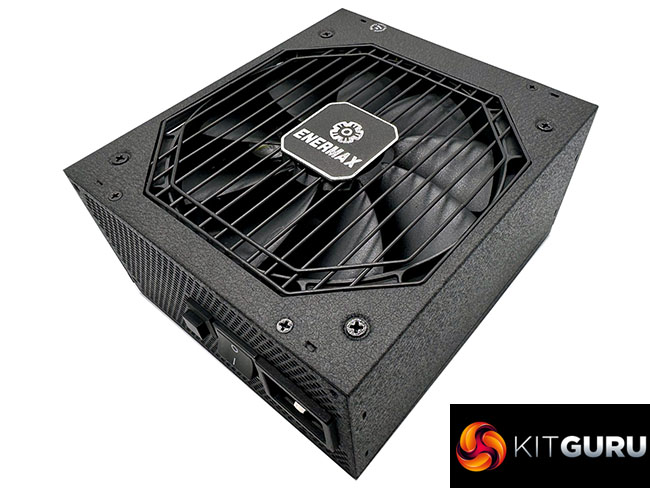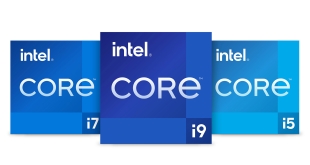
Today we take a look at one of the latest power supplies from Enermax in their Revolution D.F. X series. We will be analysing the range-topping 1650 Watt solution targeting the most demanding users on the market. This is a fully modular design, rated 80 Plus Gold with a semi-fanless mode and ‘dust free' rotation tech. Enermax are also very proud to claim that this unit uses high grade Japanese capacitors throughout the design, along with customisable RGB capabilities.
Every time we publish a review on Enermax products, we get inundated with requests for purchase links. Currently availability of this unit is limited to certain parts of the world with Amazon in Europe listing it at around 350 euros HERE. We asked Enermax about UK stock arriving in the channel and they said it should be available in May over HERE, around the £300 price point.
The Revolution D.F. X meets all Intel ATX 3.0 standards – including up to 200% power excursion, and 70% efficiency at 2% loading, as well as less than 200ms power on time.
As well as the flexible mesh sleeved cables and dual ball bearing fan, Enermax are targeting the RGB audience. As shown above, one of the side panels has an RGB panel cut into the the chassis with the option for 14 lighting modes via the RGB control button. RGB haters will be pleased to hear you can completely disable the lighting.
Product Overview:
- Intel ATX 3.0 & PCIe 5.0 Ready
- Fully Modular 80 PLUS® Gold Certified
- 2x Native 600W PCIe 5.0 / Gen 5 12+4 Pin 12VHPWR Cables
- Extra Dual PCIe 8 Pin to 12+4 Pin 12VHPWR Cable
- Up to 200% Power Excursion and Instant Power-on Time
- 6-pole Motor Fan Inside
- RGB Control Button for ON/OFF and 14 lighting Modes
- Dust-Free Rotation Tech. for Ultra Cleanness
- Semi-Fanless Tech. for Absolute Silence Under 40% Load
 KitGuru KitGuru.net – Tech News | Hardware News | Hardware Reviews | IOS | Mobile | Gaming | Graphics Cards
KitGuru KitGuru.net – Tech News | Hardware News | Hardware Reviews | IOS | Mobile | Gaming | Graphics Cards



